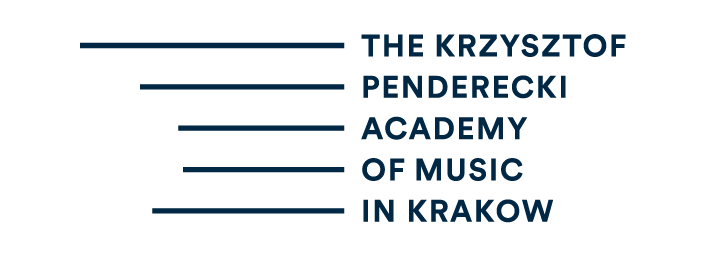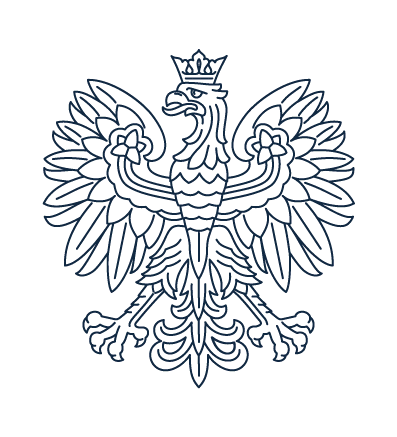DETAILED PROGRAMME (REPERTOIRE) REQUIREMENTS
NOTE: The Examination Boards reserve the right to select works or parts thereof during the entrance examination.
DETAILED REQUIREMENTS
FOR THE UNDERGRADUATE (BACHELOR’S DEGREE) PROGRAMME
One-stage examination: Major exam
an examination in playing an instrument – practical
Supplementary exam
1. sight-reading – a practical examination
2. a quick study examination (preparation of a provided piece of music – individual work) – practical
Programmes:
Playing the cello
• Etude or caprice
• Any movement from a selected suite for solo cello by J.S. Bach
• Two movements (varied in character) of a baroque or pre-classical sonata or the 1st movement of a cello concerto.
The programme should be performed from memory.
Playing the double bass
• Scales and passages in three octaves (several different ways of articulation)
• Two etudes varying in terms of problems
• Two contrasting movements of a sonata
• Double bass concerto – 1st or 2nd and 3rd movement
• A free-choice piece (non-cyclic).
The programme (approx. 25 minutes) must be performed from memory.
Playing the knee fiddles
The candidate performs the programme on the violin, viola or cello.
• Scales and passages in four octaves (several different ways of articulation), intervals: thirds, sixths, octaves
• Two etudes or caprices varying in terms of problems
• Two movements of a baroque or pre-classical sonata – varying in character
• An excerpt from any Suite or Partita solo by J. S. Bach
• A concerto – 1st movement with own cadence
The programme (approx. 30 minutes) must be performed from memory.
DETAILED REQUIREMENTS
FOR THE GRADUATE (MASTER’S DEGREE) PROGRAMME
One-stage examination: Major exam
an examination in playing an instrument – practical
Supplementary exam
1.sight-reading – a practical examination
2. a quick study examination (preparation of a provided piece of music – individual work) – practical
Programmes:
Playing the cello
• J.S. Bach – Prelude from any suite for solo cello;
• Caprice or etude: D. Popper, Op. 73, A. Piatti, A.F. Servais, N. Paganini;
• Two contrasting sonata movements;
• 1st movement of a cello concerto.
The programme should be performed from memory.
Playing the double bass
• First movement of a concerto: D. Dragonetti, J.M. Sperger or J.B. Vanhal
• Two contrasting movements of a sonata: G.F. Handel, H. Eccles or J.M. Sperger
• A free-choice caprice
• A free-choice piece
The programme (approx. 25 minutes) must be performed from memory.
Playing the knee fiddles
• The ability to play at least one knee fiddle from any continent and music culture of the world. E.g. Bilgoraj suka, Plock fiddle, gadulka, Cretan lyre, rabab, kamancha, sarangi, morin-khuur (horsehead fiddle), erhu, etc. (experimental knee fiddles created nowadays are also allowed, e.g. wspak, tarhu, etc.)
Repertoire:
• a scale related to the nature of the chosen fiddle and its cultural affiliation
• one solo piece belonging to folk tradition of any culture of the world
• one piece with rhythmic accompaniment belonging to folk tradition of any culture of the world
• one folk piece belonging to Polish tradition (oberek, mazurka)
• one piece based on odd rhythm (5/4 or 7/4 or 9/4 or 11/4), melodic improvisation on a musical fragment learned during the exam






